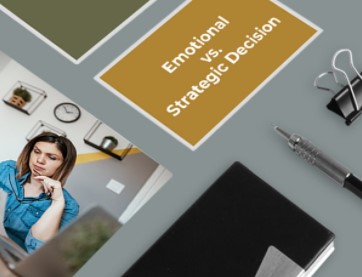Avoiding Cognitive Decline
- Age-related changes in memory, which are a natural consequence of aging.
- Mild Cognitive Impairment, which involves mild memory loss such as forgetting important events or appointments, or an inability or difficulty with finding the right word in a conversation.
- Dementia, which includes Alzheimer’s disease, is a chronic, progressive, irreversible and comprehensive cognitive impairment that may affect daily functioning.
- Increased age
- Genetic predisposition
- Smoking
- Excessive use of alcohol
- Physical and mental inactivity
- Chronic stress
- Medical conditions, such as diabetes, depression, high blood pressure, and high cholesterol
- Low social involvement
Strategies to Help Manage Cognitive Decline
Intellectual Stimulation
Reading, learning a musical instrument, and playing cards or board games are all activities that stimulate the brain and may reduce cognitive decline.
Exercise
Staying physically active can improve your mood, reduce stress, and help eliminate some of the medical conditions that are risk factors.
Low-Fat Diet
A Sound Night’s Sleep
It’s normal for sleeping difficulties to emerge with age, but insufficient sleep can impair memory and learning. Going to bed and waking up at the same time can help. However, if you have a sleep disorder, consider seeking qualified assistance.
Stay Social
Staying engaged with friends and family stimulates the brain. If you live alone or have limited social ties, look to build up contact with neighbors and social groups.
Talk to Your Doctor
It’s best not to self-diagnose or treat yourself if you think you are suffering from cognitive impairment. Visit your doctor to explain your symptoms and let him or her assess your condition and recommend the necessary treatment and counseling.
1. Alzheimer’s Association, 2020
2. ClevelandClinic.org, 2019
3. MayoClinic.org, 2020
The content is developed from sources believed to be providing accurate information.The information in the material in not intended as tax or legal advice. It may not be used for the purpose of avoiding any federal tax penalties. Please consult legal or tax professional for specific information regarding your individual situation. The opinions expressed and material provided are for general information, should not be considered a solicitation for the purchase or sale of any security.
Have A Question About This Topic?
Related Content
The Cycle of Investing
Understanding the cycle of investing may help you avoid easy pitfalls.
Emotional vs. Strategic Decisions
Information vs. instinct. Are your choices based on evidence of emotion?
5 Smart Investing Strategies
Getting what you want out of your money may require the right game plan.





